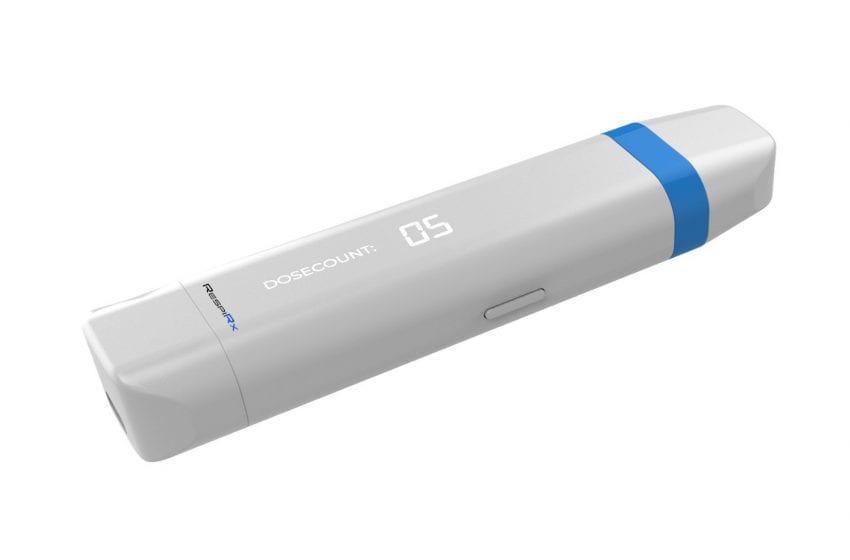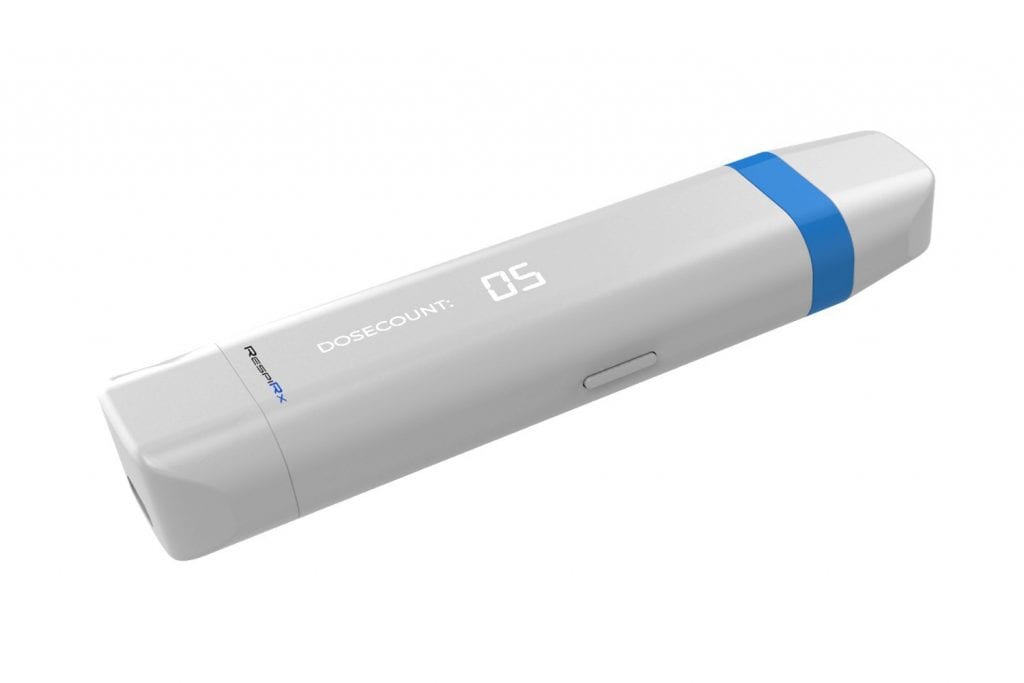The South African Parliament accepted submission of the Tobacco Products and Electronic Delivery Systems Control Bill, which will replace the Tobacco Products Control Act of 1993, reports Business Insider.
The bill, which was tabled in 2018, aims “to deter people, especially children and youth, from using tobacco products, encourage existing users to quit and protect nonsmokers from tobacco smoke exposure.” Regulation will cover sale, advertising, packaging and labeling of tobacco products as well as where smoking and vaping are allowed.
Under the bill, smoking and vaping in enclosed public spaces will be prohibited. Smoking too close to “an operable window or ventilation inlet of an entrance or exit” of “an enclosed public place, enclosed workplace or in or on a public conveyance” is also prohibited.
The health minister can also prohibit smoking in certain outdoor areas to “reduce or prevent the public’s exposure to smoking.” Smoking in vehicles or enclosed private spaces while in the presence of a child or nonsmoker will be prohibited. Smoking in an enclosed common area of a multi-unit residence will be banned as well.
The bill will also mandate generic packaging for tobacco products; the packaging “must have a uniform plain color and texture” and be of the same “size, type and shape.” The health minister will be responsible for setting standardized packaging and labeling requirements.
The only branding allowed on packaging will be brand name and product name in a standard color and typeface. Packages will be dominated by graphic health warnings.
Additionally, stores will only be allowed to display “a single prescribed notice informing consumers that a list of relevant or related products for sale, along with their prices and quantities, may be requested at the sales counter.” Retailers and wholesalers will no longer be allowed to display tobacco products. They “may make the product available to consumers upon request, provided that the requestor is not a child.”
This bill could also affect flavored vapor products. The health minister can prohibit “any substance or ingredient that creates a specified color, characterized flavor, smell or effect on the consumer.”
“The industry wants to be regulated,” said Asanda Gcoyi, CEO of the Vapour Products Association of South Africa. “We have to be regulated.”
“But we propose that government use [vapes and e-cigarettes] as a tobacco harm reduction product, [and] this bill does not actually go that far.”



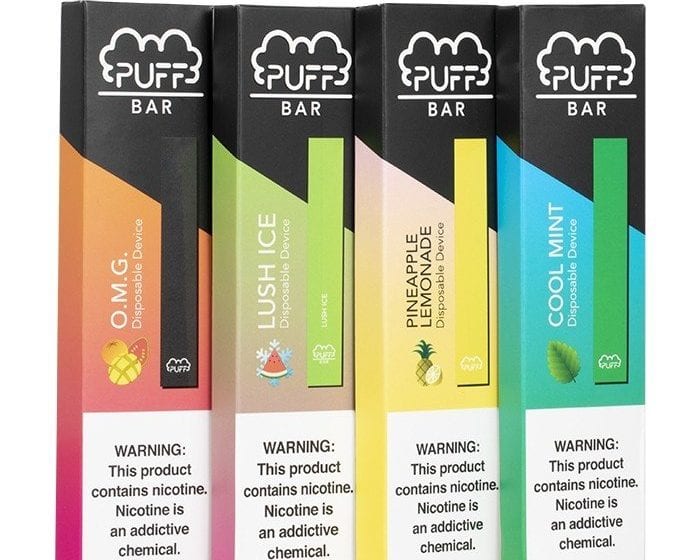
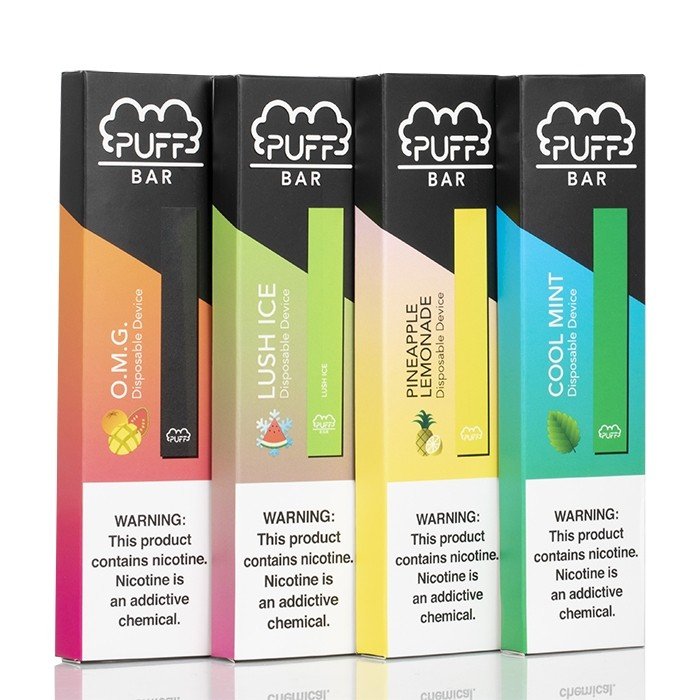








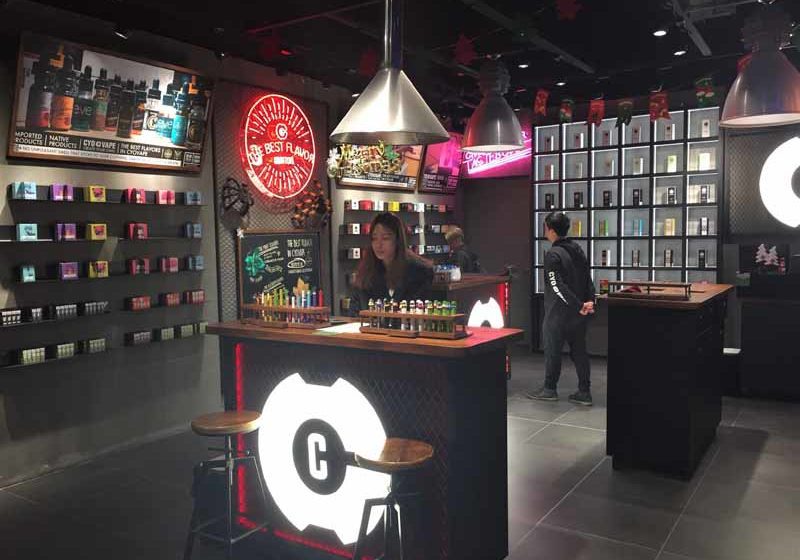

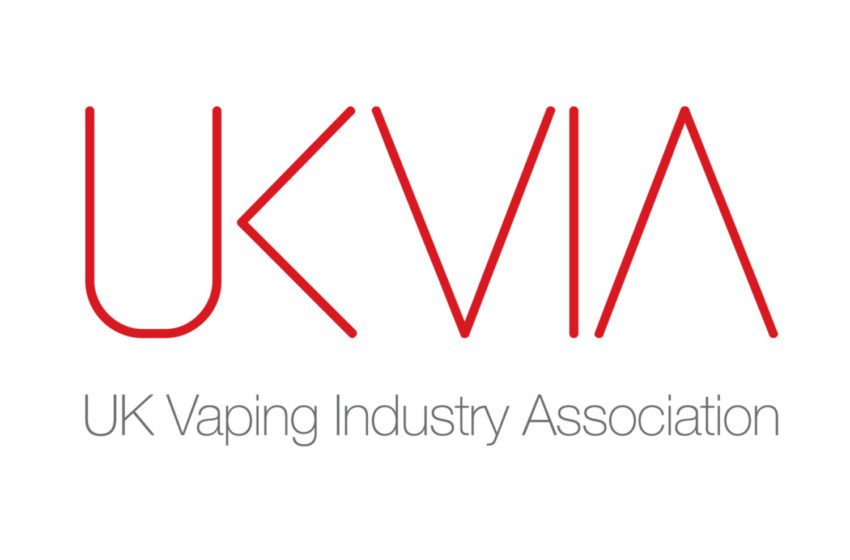
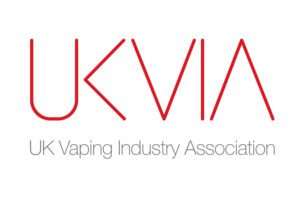 The UKVIA Vaping Industry Forum and Celebration Dinner will now take place on Friday, Nov. 18 at the QEII Centre in Westminster, London. The event had been canceled on Sept. 9, the day after the queen’s passing.
The UKVIA Vaping Industry Forum and Celebration Dinner will now take place on Friday, Nov. 18 at the QEII Centre in Westminster, London. The event had been canceled on Sept. 9, the day after the queen’s passing.

